OSIRIS kick-off meeting in the Netherlands
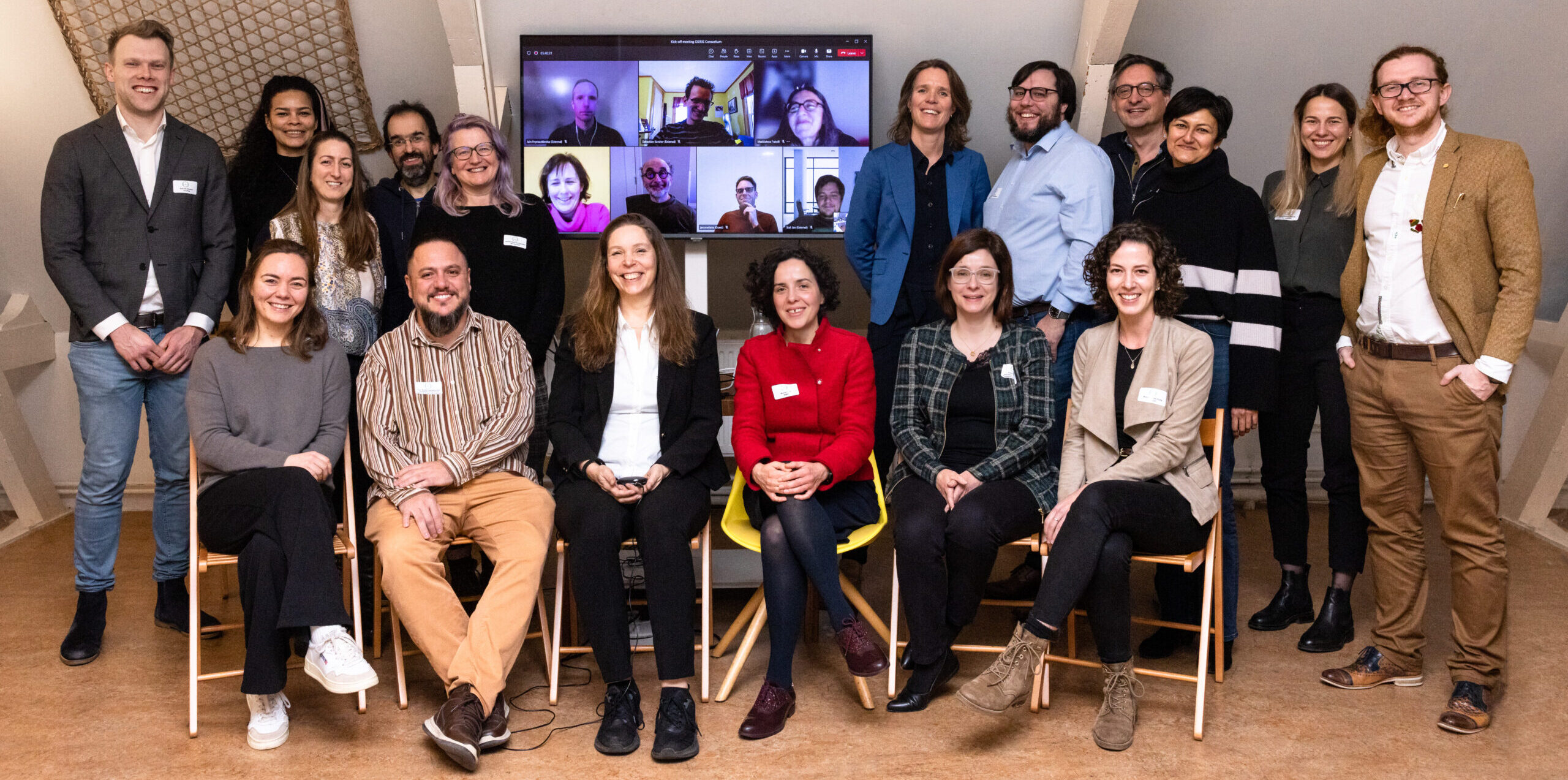
To mark the official launch of OSIRIS, the project consortium members gathered in Utrecht, The Netherlands, on the 14th & 15th of February, 2023, for our kick-off meeting. The meeting was conducted in the form of a two-day interactive hybrid event hosted and organized by the University Medical Centre Utrecht (UMCU) . The event marked not only the kick-off of the OSIRIS project but also it’s first in-person gathering of most of the consortium members, no small feat in times of COVID-19 and with such a diverse team of international experts. The event was filled with insightful brainstorming sessions, key presentations by work package leads, insights from our advisory board, the Project officer of OSIRIS and the EU Policy Officer.
The meeting went off without a hitch! Starting with a brief welcome by Dr. Inge Stegeman (UMCU), who set the stage for the event that would set the foundations of OSIRIS! Followed by the introduction of all team members and their institutions, a Policy Introduction presentation by Pantelis Tziveloglou, EU Policy Officer and a presentation on the Key aspects of the grant agreement by Raquel Fernandez Horcajada, Project officer of OSIRIS. Day one was also highlighted by the work package presentations and brainstorming discussions of each of the six work packages.
Day two was, let’s get down to business day! The consortium dived into the nitty gritty aspects of OSIRIS and defined the way forward, including the assignment of specific tasks, setting a concrete project timeline and linking ways not only to collaborate within the consortium but also with other partners to ensure the greatest impact of our outcomes and deliverables.
Here are some work package highlights and takeaways from our kick-off meeting!
The University Medical Centre Utrecht (UMCU) is the coordinating organization and single contact point with the European Commission and will coordinate daily administration, finances, and project monitoring. This work package is led by Dr. Inge Stegeman of UMCU. The WP1 will secure a smooth and timely execution of the OSIRIS Work Plan in fulfilment of the Grant- and Consortium Agreement, adapt to necessities and ensure that the Action’s objectives and outputs are achieved in a timely manner, within budgetary limits and the resource constraints through the duration of the project. During the WP1 discussion at the kick-off meeting, the timeline of the project, structure of meetings, authorship guidelines, data ownership and the introduction of advisory board members were covered, setting the way forward for the management of the OSIRIS project. The implementation of WP1 and the overall project will also include the vice-coordinator Dr. Veerle van den Eynden of Katholieke Universiteit Leuven (KU Leuven), the Executive Board (EB, consisting of the WP leaders) and the ultimate decision-making General Assembly which the Management Support Team (MST) will support, which includes a professional and dedicated and experienced Project Manager for the full duration of the project. This work package will result in deliverables such as the OSIRIS Project Handbook, including templates, procedures, meetings and planning of activities, as well as a Data Management Plan (DMP).
Presented by Dr. Veerle Van den Eynden of KU Leuven (Lead WP2), the WP2 will conduct a systematic literature review that will provide a structured understanding of reproducibility measures. Within this work package, the team will examine views, motivations, and practices for reproducibility from different stakeholder groups; audit research institutions, funders, and publishers on how they address and promote reproducibility in their policies, procedures, and guidelines and will conduct and publish case studies on exciting examples of reproducibility practice. The WP2 will result in protocols (published on OSF), Open Access (OA) paper(s) on drivers, barriers and facilitators for reproducibility of research (incl. research data), a report on policy audit with model policies, OA paper highlighting “Ten tales of reproducibility”; and guideline for project audit based on OSIRIS audit.
Prof. Florian Naudet of L’organisation pour une recherche Inserm éthique et responsable (LORIER) (Lead WP3) presented the WP3. This WP will focus on developing evidence-based interventions to improve reproducibility practices among researchers and institutes. Will Develop interventions allowing for cultural changes at the level of institutions, including interventions targeting early career researchers; monitor transparency items associated with reproducibility issues; and will test if interventions promoting transparency of research increase reproducibility (at individual and/or institutional level). The deliverables for WP3 are OSIRIS networks for computational and reproducibility methods, an observatory dashboard, and final reports on Randomised Controlled Trials (RCT) results.
Presented by Dr. Mariska Leeflang of the Academic Medical Centre (AMC) (Lead WP4) presented the WP4 at the kick-off. This WP will not only develop and evaluate automatic systems of compliance for reproducibility before publication in scientific journals; but will also develop checks before publication in scientific journals linked to correction and positive incentives. WP4 will also employ policy guidelines early in the grant application phase to anchor journal practices; and will clearly identify the best policies and practices across disciplines by private and public funders and coordinate European activities in the domain. The WP4 will result in the publication of an OA paper on results from observational and intervention studies and a final report on RCT results on funders and journals.
Dr. Inge Stegeman of UMCU (Lead WP5), through facilitated co-creation, design and user-testing, the WP5 will lead the OSIRIS project to develop effective and impactful resources that can be used to train researchers in how they can increase the reproducibility of their research. Within this WP, we will develop a training module/guidelines coming out of the empirical findings emerging WP 2-4; and will user test these guidelines with cohorts of early and mid-career from a diverse range of organisations/locations; and will also evaluate the impact of this training in increasing the reproducibility of scientific research. This WP will result in an evidence-based reproducibility training module, to be communicated in person and via Massive Open Online Course (MOOC) and guidelines for stakeholders on reproducibility practices.
Presented by Assoc. Prof. Dr. Hynek Roubík of the Czech University of Life Sciences Prague (CZU) (Lead WP6). WP6 will further highlight, showcase and ensure the evidence-based impact of OSIRIS throughout the project and beyond. The WP6 will produce a strategic Dissemination and Communication Plan (DCP) to detail the communication and dissemination activities of OSIRIS and share its successes and lessons learned. WP6 will also raise awareness of the objectives and achievements of OSIRIS through traditional (e.g., print) and non-traditional (e.g., social media platforms) means of communication as well as the project website and will map out, engage and maintain a strong stakeholder network through a series of events both online and face to face and will develop an exploitation roadmap towards further validation and sustainability of OSIRIS.
OSIRIS – Creating a path to evidence-based accountability and reliability in science!
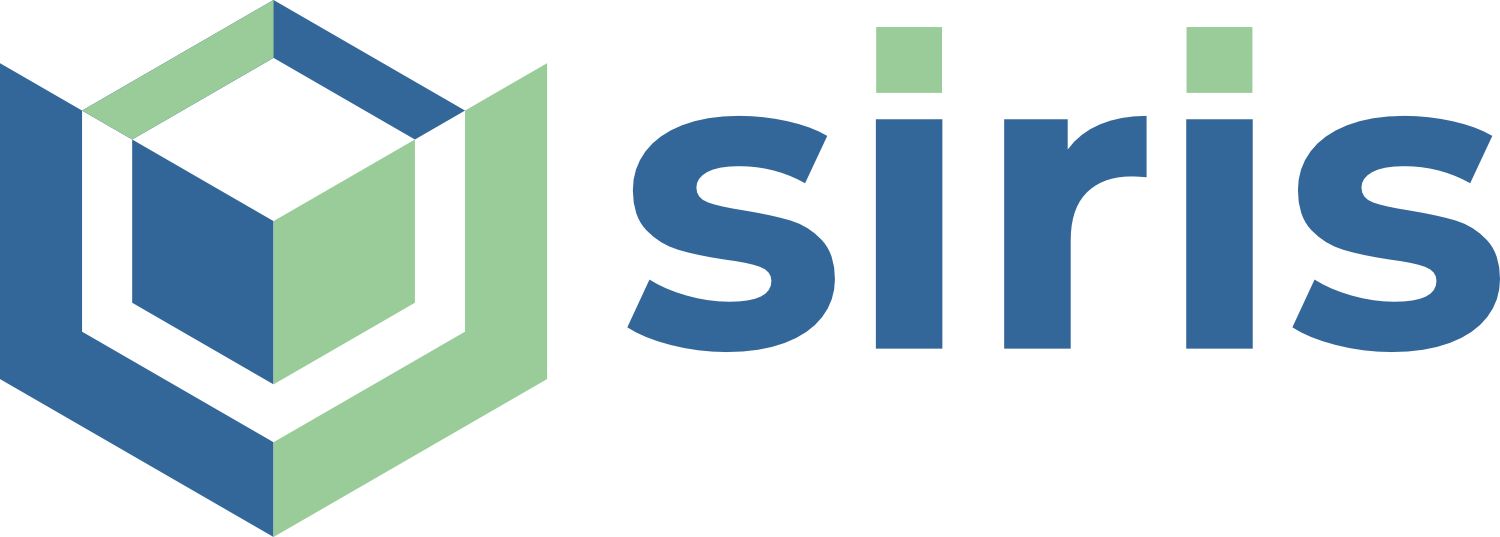
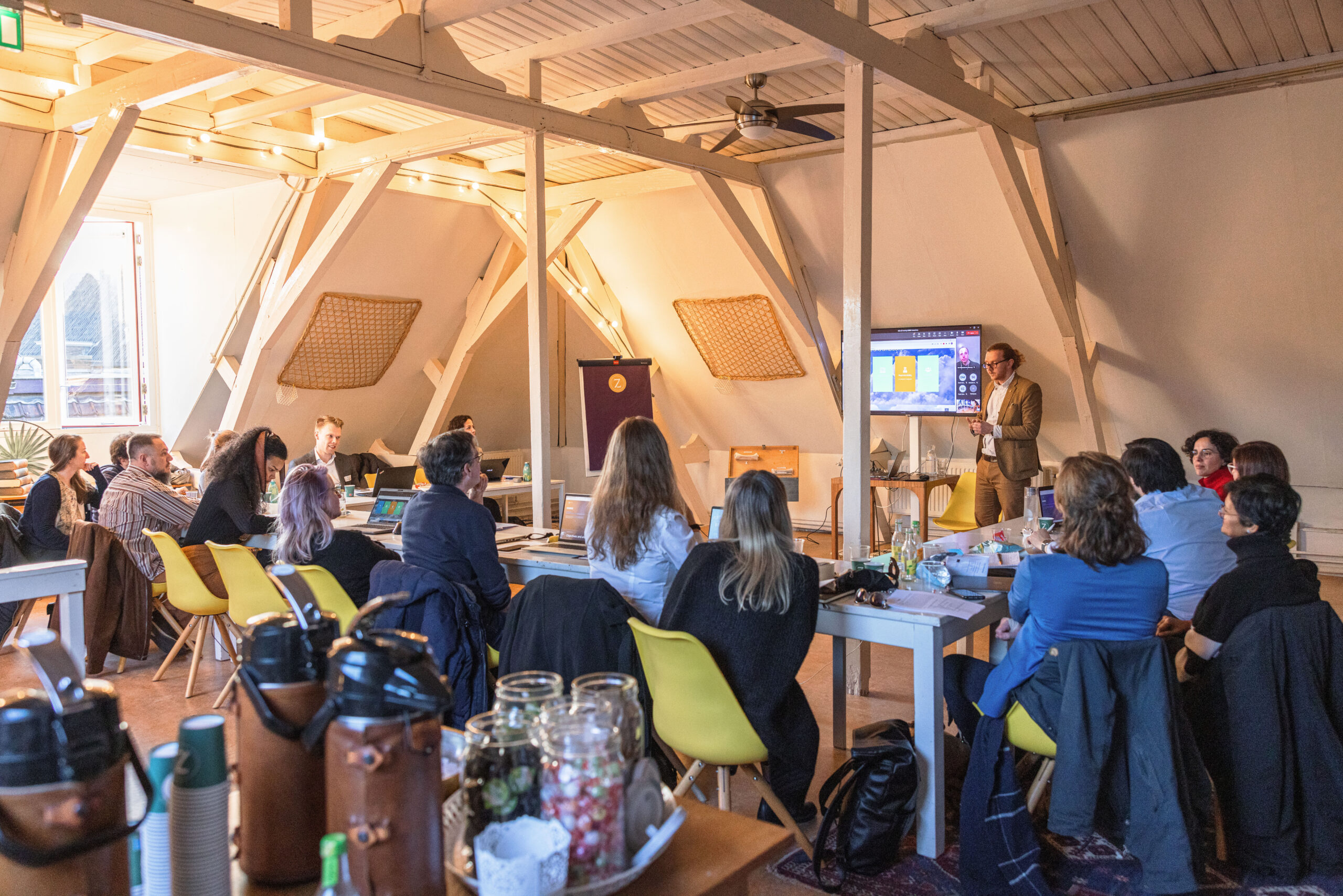
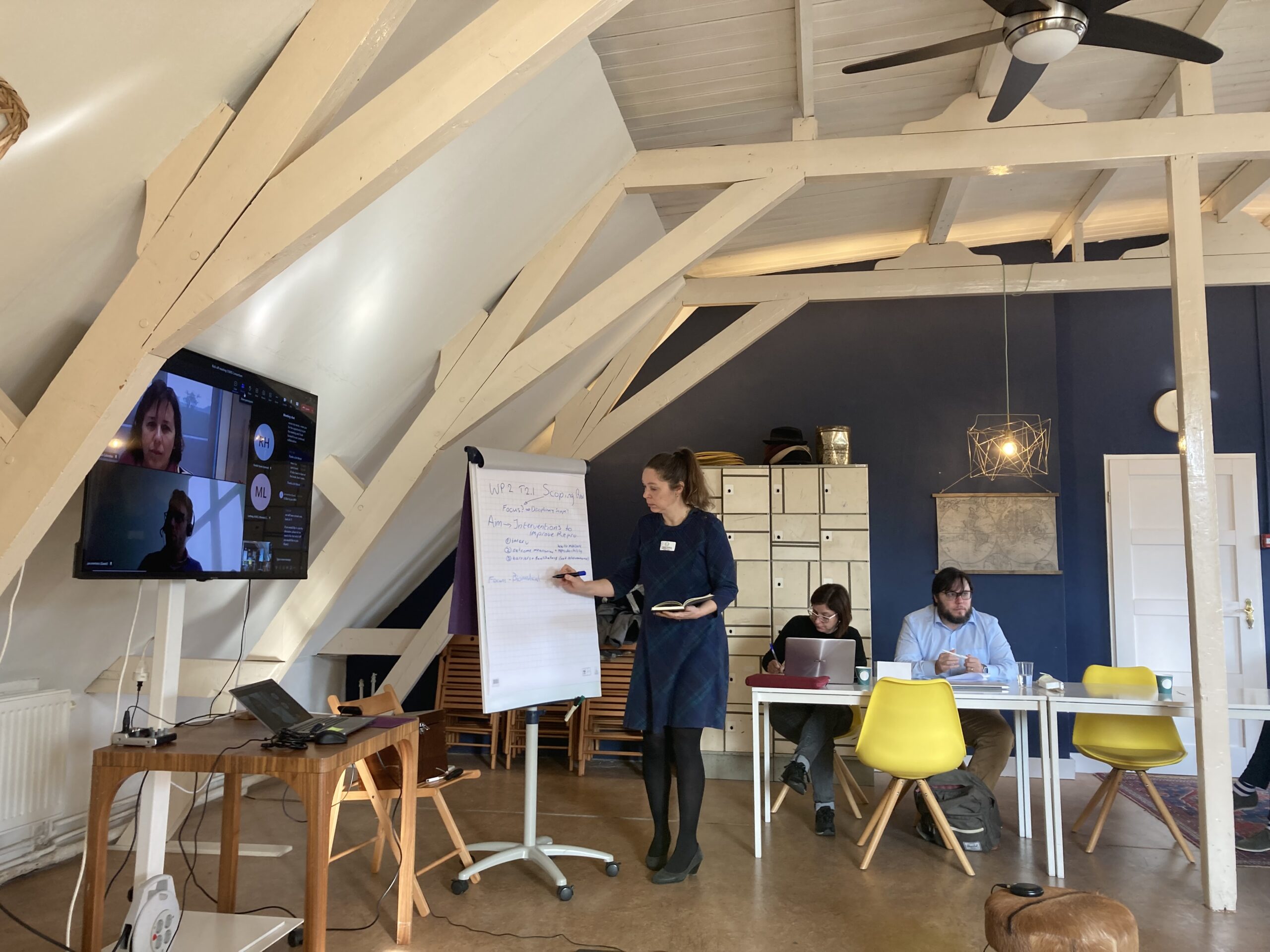
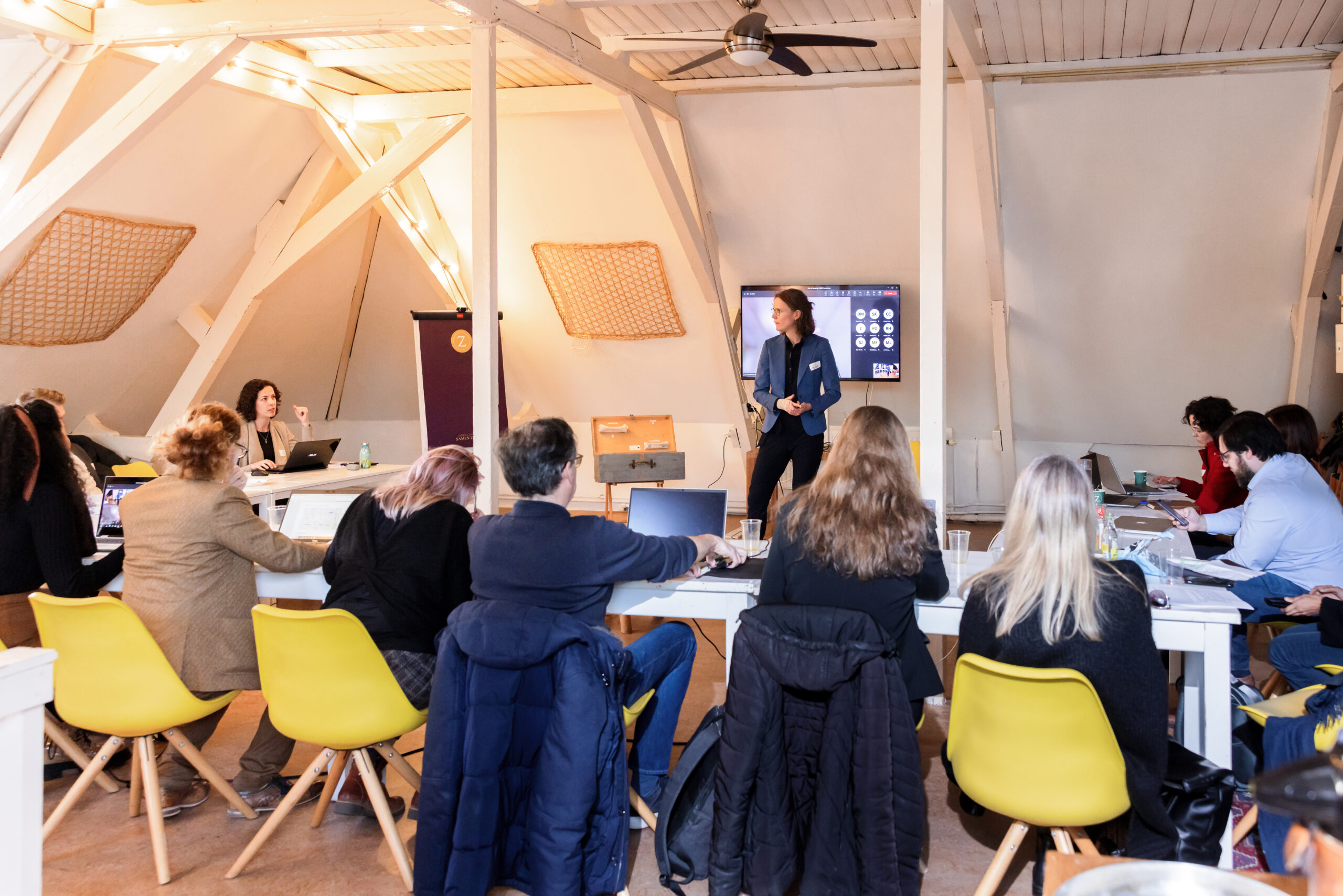
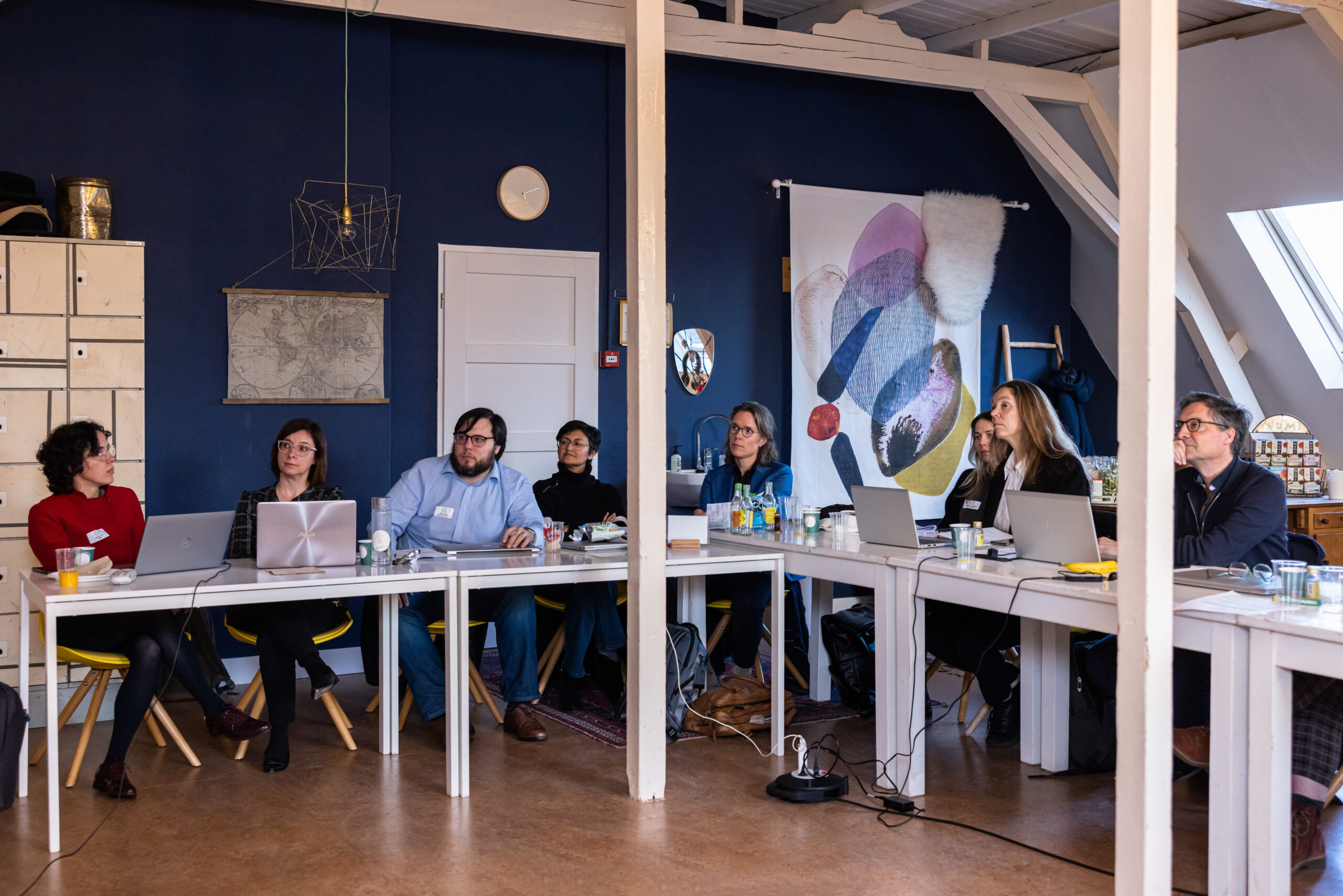
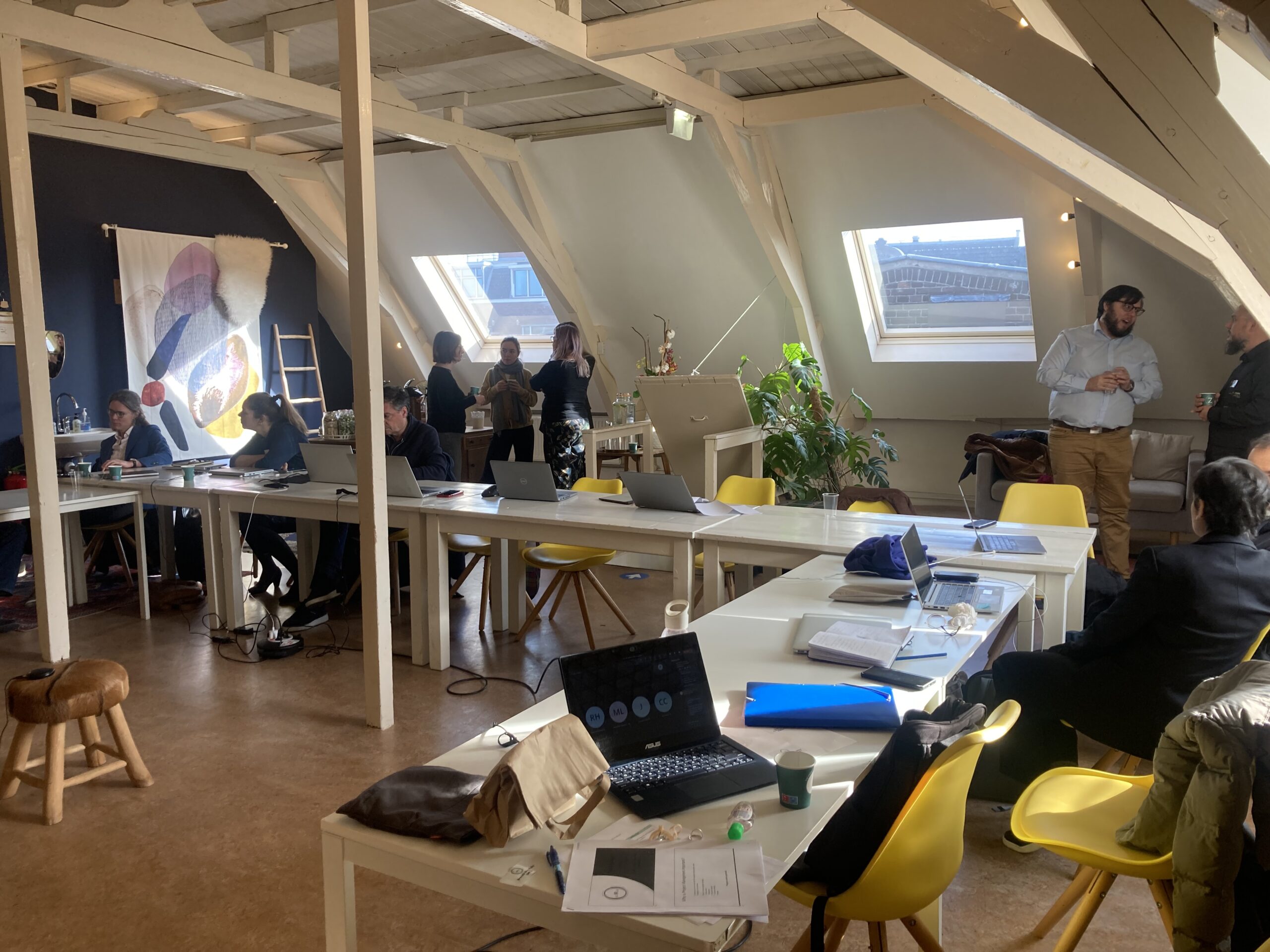

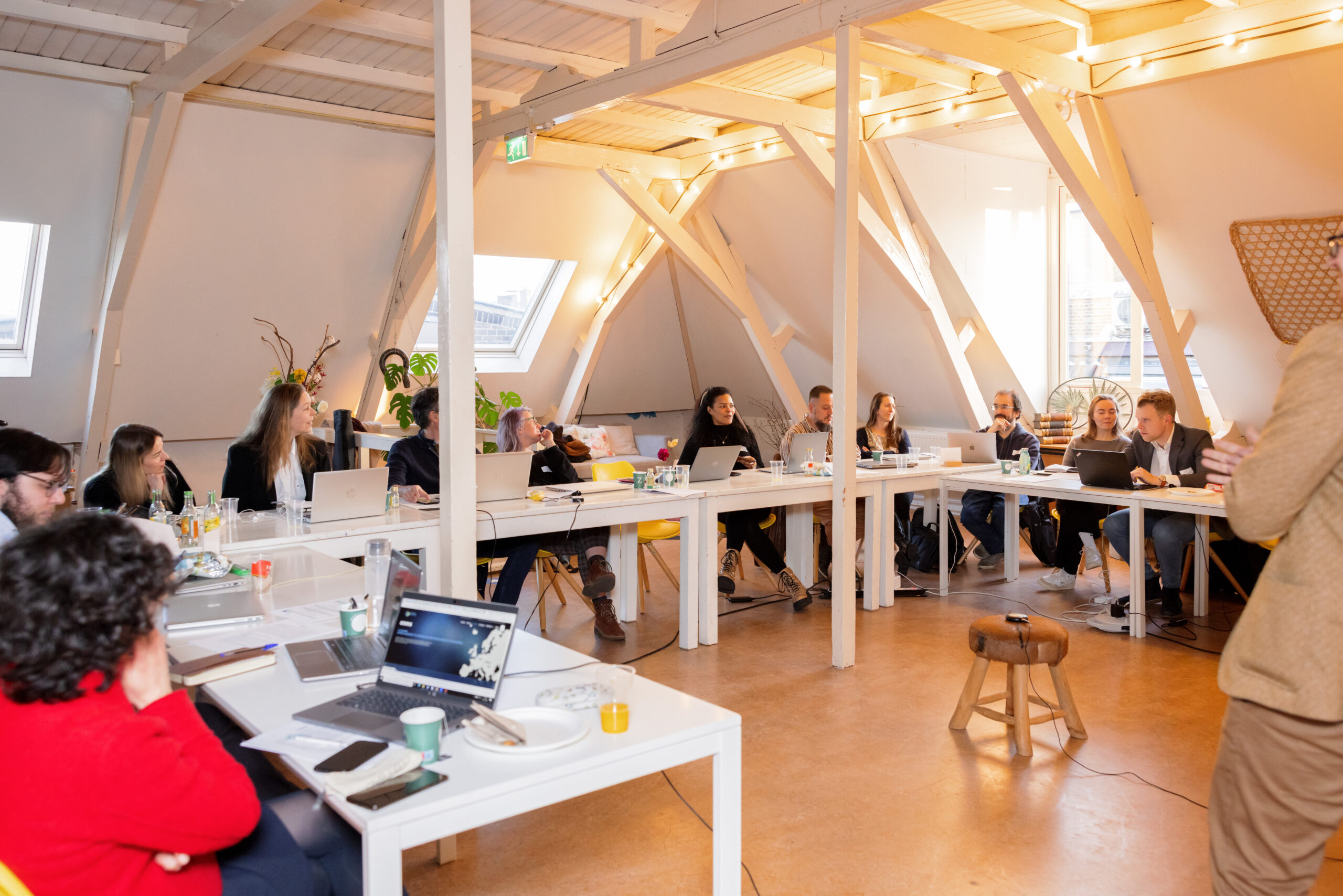
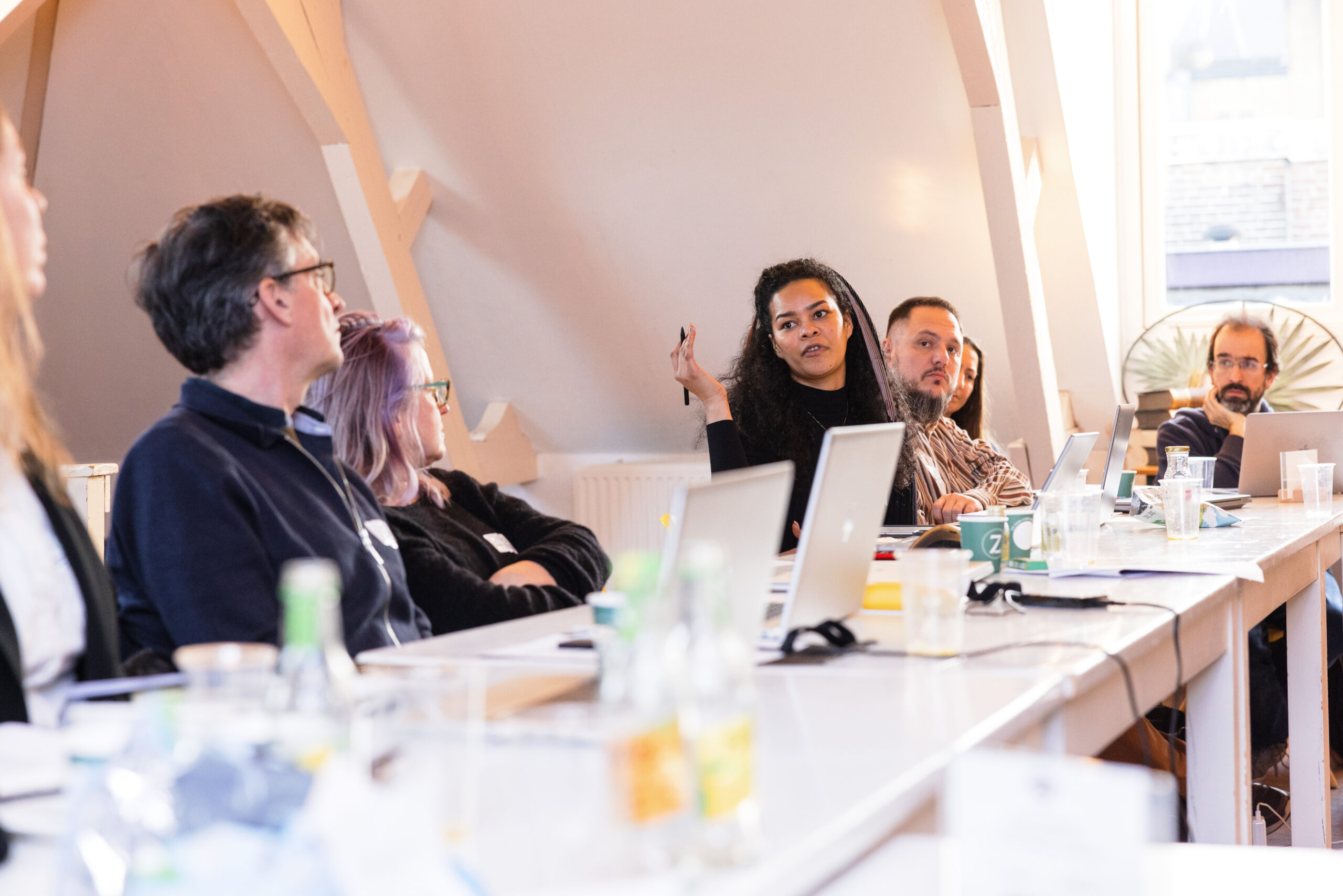
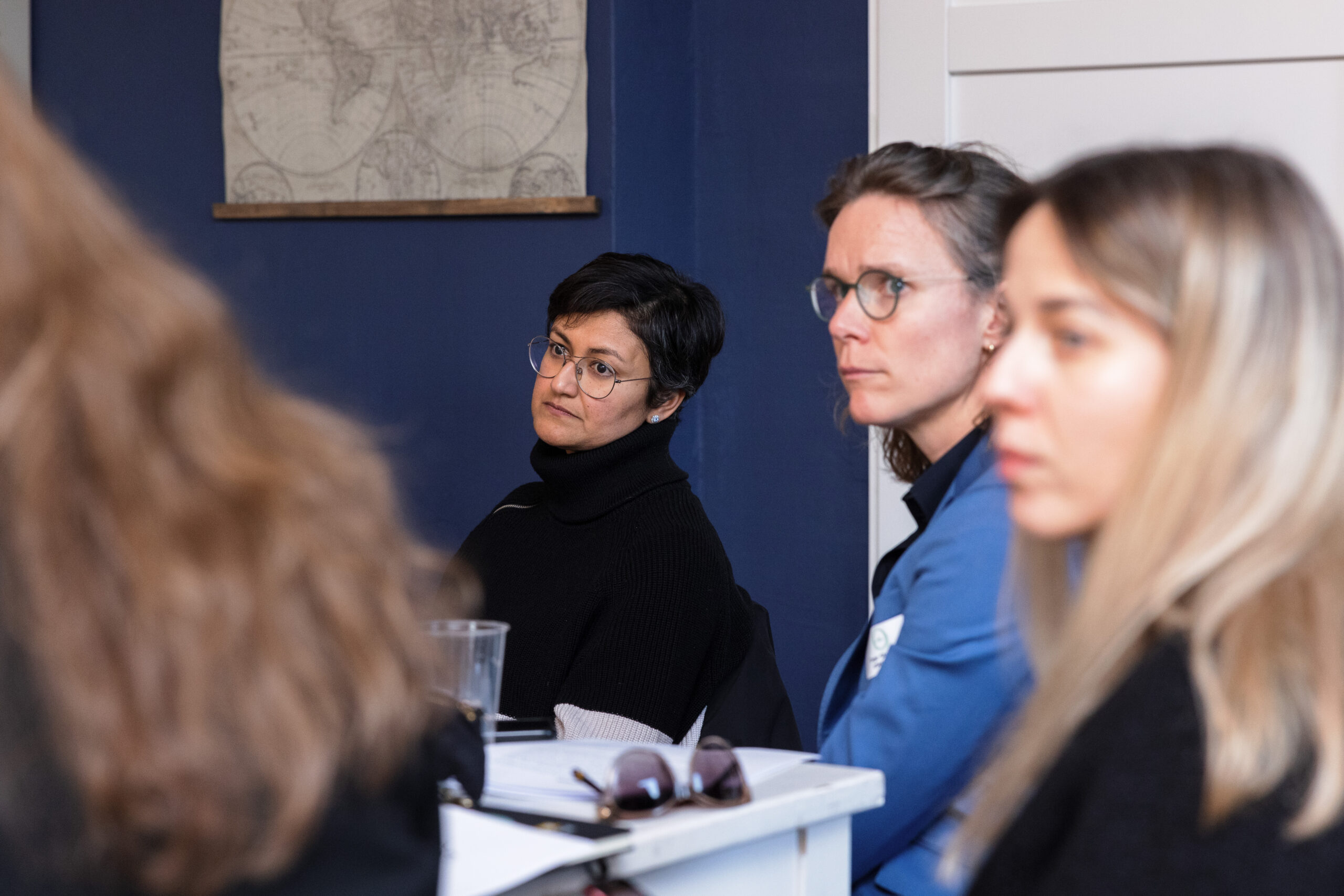
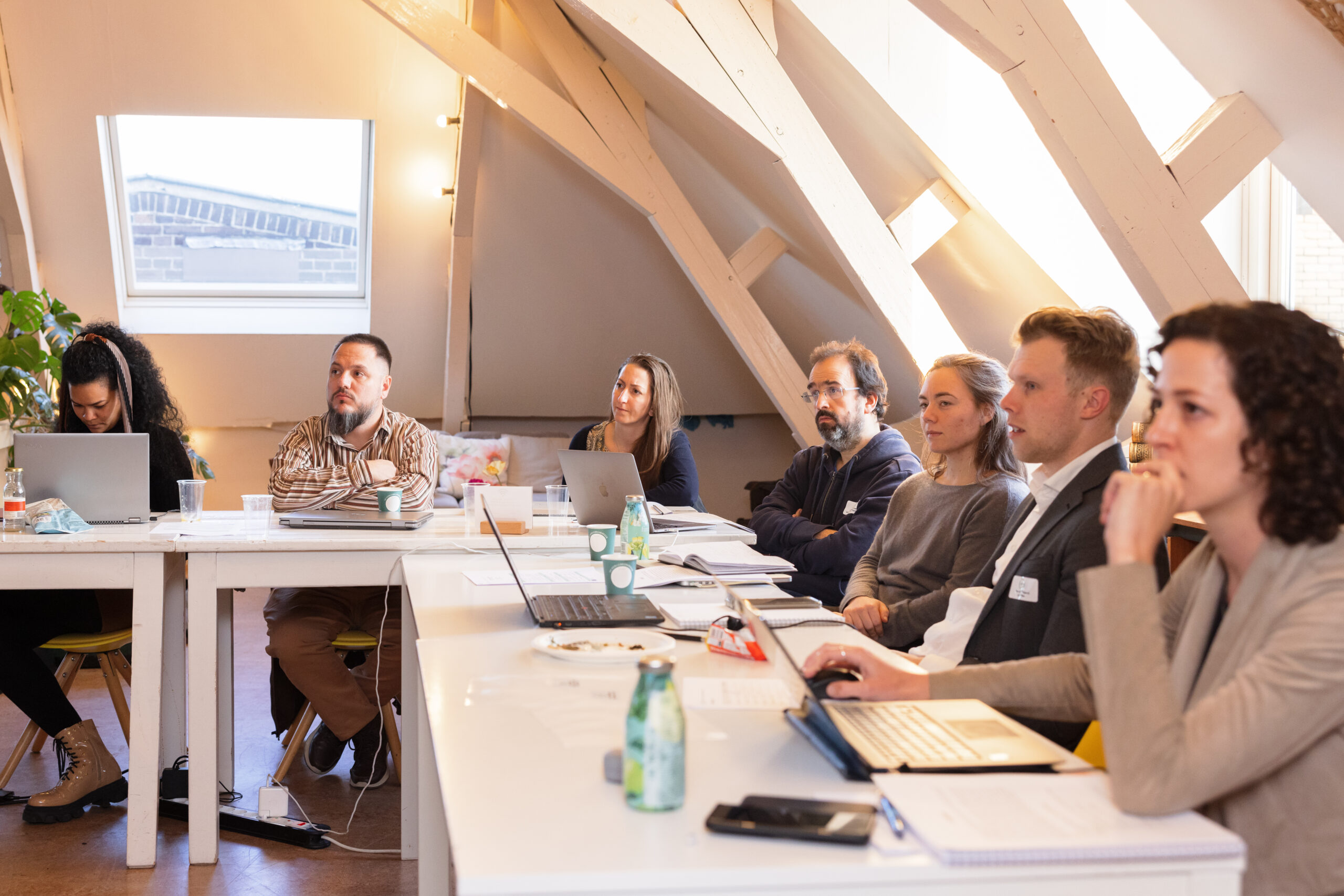



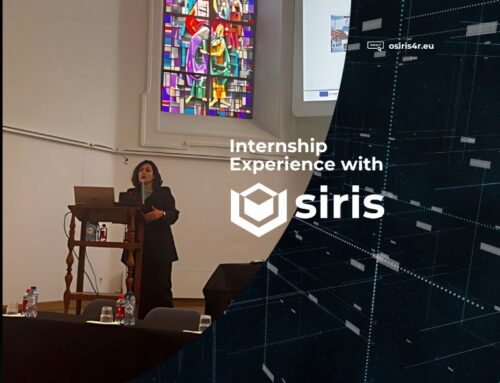




Keep In Touch